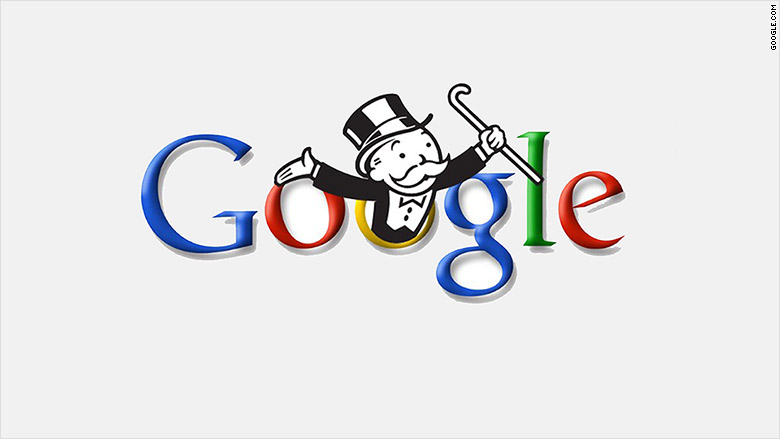Google appeals $5B EU fine, says Google is so loved, it is the top search term on Bing
2 min. read
Published on
Read our disclosure page to find out how can you help MSPoweruser sustain the editorial team Read more

In 2018 the European Commission fined Google €4.34 billion ($5 billion then) for not following EU antitrust rules. According to EC, Google has imposed illegal restrictions on Android OEMs and mobile network operators to maintain its dominant position in search and other services. Google was required to change its policies within 90 days or face penalty payments of up to 5% of the average daily worldwide turnover of Google.
Google appealed the verdict, and Bloomberg has reported on the ongoing hearings.
Google is claiming it is their natural popularity and not backroom machinations which caused them to have a monopoly position in search.
Google’s defence lawyers are claiming Google is so popular it is the number one search term in Bing.
“We have submitted evidence showing that the most common search query on Bing is by far Google,” Alfonso Lamadrid, a lawyer for the Alphabet Inc. unit, said at the EU’s General Court in Luxembourg.
He also claimed Google’s market share is a reflection of their 95% approval rating.
“People use Google because they choose to, not because they are forced to,” Lamadrid said. “Google’s market share in general search is consistent with consumer surveys showing that 95% of users prefer Google to rival search engines.”
Google is asking for the 2018 fine to be struck down.
Google was fined because of the following:
- has required manufacturers to pre-install the Google Search app and browser app (Chrome), as a condition for licensing Google’s app store (the Play Store);
- made payments to certain large manufacturers and mobile network operators on condition that they exclusively pre-installed the Google Search app on their devices; and
- has prevented manufacturers wishing to pre-install Google apps from selling even a single smart mobile device running on alternative versions of Android that were not approved by Google (so-called “Android forks”).
Since 2018 more of Google’s backroom practices have been uncovered, in particular their efforts to undermine 3rd party app stores by again preventing Android OEMs from bundling them and paying gaming companies to stay exclusive on their platform.
While it may be true that Google is naturally very popular, what is very clear is that the company is not relying on that popularity to maintain its dominance and if they are allowed to continue to plot against the competition we may never see an even better product take the market.








User forum
0 messages